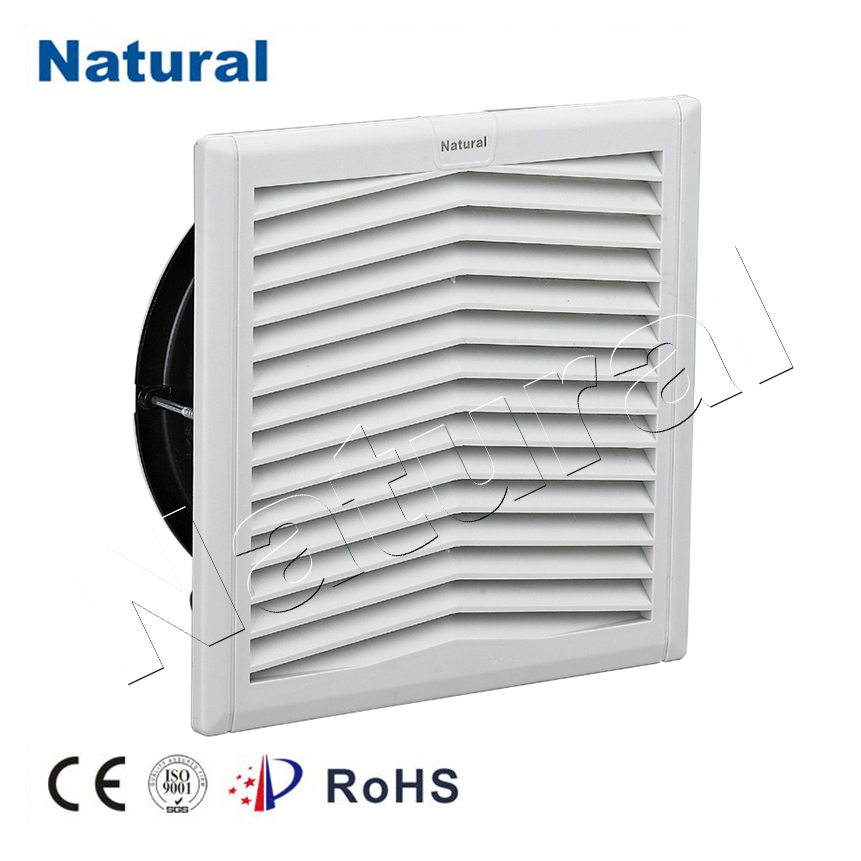In today’s fast-paced world, where we spend the majority of our time indoors, it’s essential to prioritize indoor air quality. Poor air quality can lead to a range of health issues, including allergies and respiratory problems. Fortunately, technological advancements have given rise to innovative solutions, such as electric fan filters, that can significantly improve the air we breathe in our homes and offices.

Understanding the Need for Electric Fan Filters Indoor air pollution is a growing concern worldwide. Common indoor pollutants include dust, pet dander, pollen, mold spores, and even volatile organic compounds (VOCs) from household products. Breathing in these pollutants regularly can have adverse effects on our health. Electric fan filters, often referred to as air purifiers, offer a viable solution to combat indoor air pollution. How Electric Fan Filters Work Electric fan filters operate on a simple yet effective principle. They draw in air from the surrounding environment and pass it through a series of filters designed to capture and remove pollutants. These filters can vary in complexity, with some targeting specific types of pollutants, while others offer more comprehensive filtration. Pre-filters:The first line of defense, pre-filters, capture larger particles such as dust and pet hair. This helps prolong the lifespan of the main filters and ensures they remain effective. HEPA Filters:High Efficiency Particulate Air (HEPA) filters are the gold standard when it comes to removing tiny particles like pollen, smoke, and airborne bacteria. They can capture particles as small as 0.3 microns with an efficiency of 99.97%. Activated Carbon Filters:To tackle odors and chemical pollutants, activated carbon filters are used. They are highly effective in adsorbing VOCs, cooking odors, and cigarette smoke. UV-C Lights:Some electric fan filters incorporate ultraviolet (UV-C) lights to kill bacteria and viruses that pass through the filters, enhancing their disinfection capabilities. Ionic Filters:Ionic filters release negatively charged ions that attach to positively charged particles, making them too heavy to remain airborne. These particles then settle on surfaces for easy cleaning. Benefits of Electric Fan Filters Improved Respiratory Health:Electric fan filters can significantly reduce allergens and irritants in the air, making it easier for individuals with allergies or respiratory conditions to breathe comfortably. Odor Elimination:These filters are effective at removing unpleasant odors, creating a fresher and more pleasant indoor environment. Reduced Airborne Pathogens:The inclusion of UV-C lights and ionic filters can help reduce the presence of viruses and bacteria in the air, promoting a healthier living space. Energy Efficiency:Electric fan filters are designed to operate efficiently and consume minimal electricity, making them cost-effective and environmentally friendly. Peace of Mind:Knowing that your indoor air is being continually filtered and purified provides peace of mind, especially during allergy seasons or in areas with high pollution levels. Choosing the Right Electric Fan Filter When selecting an electric fan filter, consider factors such as the size of the room, the specific pollutants you want to target, and the filter’s maintenance requirements. Regularly changing filters is crucial to maintaining optimal performance. In conclusion, electric fan filters have become essential appliances in our quest for healthier indoor environments. With their ability to remove allergens, pollutants, and even pathogens from the air we breathe, they play a significant role in safeguarding our well-being. By understanding how these filters work and selecting the right one for your needs, you can take a proactive step toward enhancing your indoor air quality and enjoying a healthier and more comfortable living space.